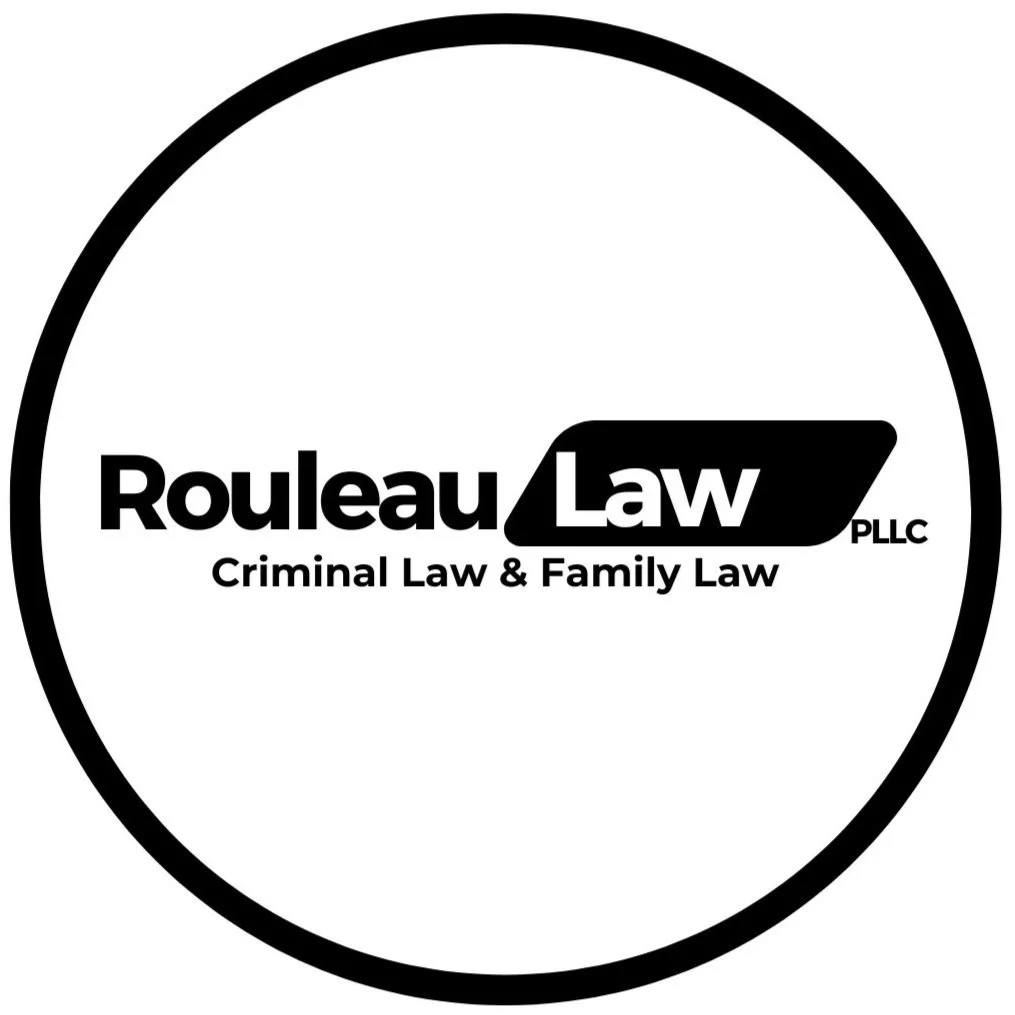What Is a Plea Agreement in Virginia? Understanding the Process, Options, and Limits
If you or a loved one is facing criminal charges in Virginia, you may have heard the term plea agreement or plea bargain. This is a common part of the criminal justice system, but it's often misunderstood. Here’s what you need to know about plea agreements in Virginia—and how they work.
What Is a Plea Agreement?
A plea agreement is a negotiated deal between the defendant (through defense counsel) and the Commonwealth’s Attorney (the prosecutor). The defendant agrees to plead guilty to one or more charges, and in return, the prosecutor may offer certain concessions. These can include:
Dropping other charges entirely
Reducing the severity of the charge (for example, from a felony to a misdemeanor)
Agreeing to a specific sentence (e.g., 12 months in jail)
Capping the sentence (e.g., no more than 5 years)
Recommending a sentencing range to the judge
Who Is Involved in the Negotiation?
The negotiation is strictly between the defense attorney and the Commonwealth’s Attorney. The judge does not participate in the negotiation. However, once an agreement is reached, it must be presented to the judge, who has the authority to:
Accept the agreement as presented
Reject the agreement entirely
Continue the case to review a pre-sentence investigation (PSI) before making a final decision
How Creative Can a Plea Agreement Be?
Very. Virginia law gives both parties flexibility to craft an agreement that serves the interests of justice while recognizing the risks and burdens of going to trial. This means:
A defendant could plead guilty to a lesser offense and avoid the uncertainty of a trial.
The Commonwealth might secure a conviction while saving resources and avoiding retraumatizing witnesses.
Both sides can agree on unique sentencing conditions like probation, counseling, community service, or alternative programs.
The goal is to find a resolution that is fair, efficient, and acceptable to all parties—including the court.
Final Word
While a plea agreement can be a powerful tool for resolving criminal charges, it’s not without risk. The judge has the final say, and no deal is guaranteed until it is formally accepted in court. It’s critical that any decision to plead guilty is made with full knowledge of the consequences and in consultation with a skilled defense attorney.
At Rouleau Law, PLLC, we work closely with clients to evaluate all options, negotiate effectively with prosecutors, and guide you through every step of the process. If you’re facing criminal charges and want to understand your rights, contact us today for a consultation.
